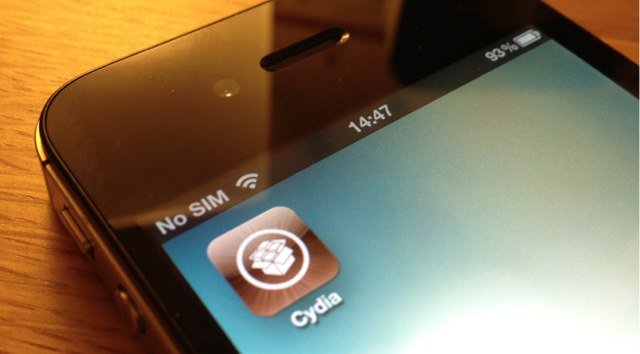The U.S. government declared the act of jailbreaking legal on July 26, 2010, encouraging hundreds of thousands of iOS users into hacking their devices, safe in the knowledge that their actions would incur no legal repercussions. The ruling certainly had a huge on the jailbreaking community, but the tables could be set to turn once again.
According to the Electronic Frontier Foundation (EFF), jailbreaking could become illegal again this year, but you can do your bit to prevent it.
The EFF reports:
“Smartphones, tablets, and video game consoles are powerful computers with lots of untapped potential. Yet many of these devices are set up to run only software that’s been approved by the manufacturer. Modifying a device to run independent software – known as jailbreaking – is important to programmers, enthusiasts, and users. But jailbreaking creates legal uncertainty. Some device manufacturers claim that jailbreaking violates Section 1201 of the Digital Millennium Copyright Act (DMCA), which carries stiff penalties.”
So how can something that was deemed legal less than two years ago become a criminal act this year? Well, the ruling set by the Copyright Office back in 2010 is set to expire this year, and if we don’t convince it to maintain its stance on jailbreaking, it could become illegal again, allowing manufacturers like Apple to take legal action against those who perform software hacks on its devices.
Fortunately, you can do your bit to prevent this. The EFF has provided a link to the Copyright Office’s comment board, where it encourages you to provide your feedback and tell the Copyright Office why jailbreaking is so important. It also suggests some points you may wish to cover:
The Copyright Office needs to hear from people who depend on the ability to jailbreak to write, use, and/or tinker with independent software (from useful apps to essential security fixes) for smartphones, tablets, and game consoles…
Here are some questions you might want to address in your comments:
- Which jailbreaking exemption are you supporting—smartphones/tablets, video game consoles, or both?
- What’s your background (i.e., are you a developer, hobbyist, academic, independent researcher, user, etc.)?
- What device do you want to ensure you have the legal authority to jailbreak?
- Please explain why you want to jailbreak this device. What limitations do you face if you aren’t able to jailbreak it? Is there software you couldn’t run, computing capabilities you wouldn’t have, cool things you couldn’t do, etc.?
- If you’re a developer, did an online application store or console manufacturer reject your app or game? If so, what reasons did they give?
- Is there anything else you want to tell the Copyright Office?
The deadline for your feedback is 5PM ET on Friday, February 10.
Ensuring that the act of jailbreaking does not become illegal is imperative to maintaing a healthy jailbreak community. Without this freedom, iOS hackers such as Pod2g and his Dream Team, who recently released a jailbreak for Apple’s A5-powered devices, could face legal action against their work for the community.
And you could also be liable for hacking your own device.
Americans just narrowly avoided a terrible,
[via iDownloadBlog]


